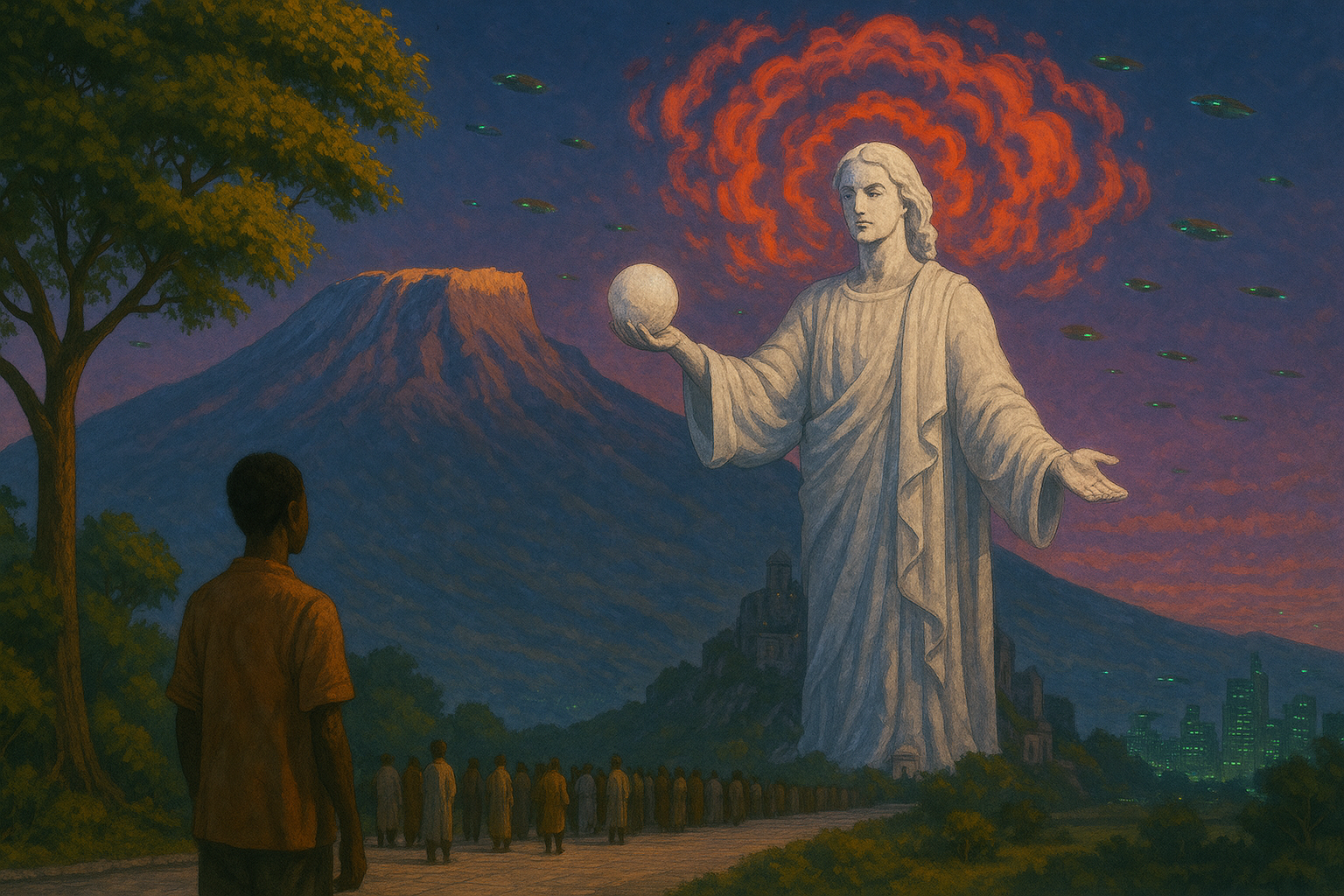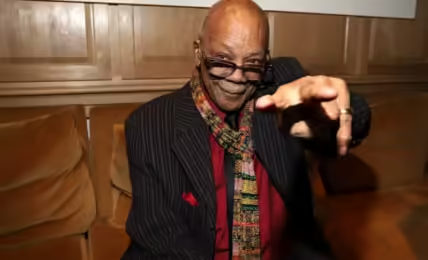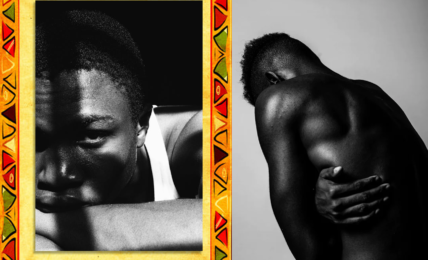Where Trees Don’t Die
An “almajiri” loses his wife in an emergency C-section. Sick of loss, poverty and his people's hypocrisy, he decides to leave home. His destination is New World, a utopia dominated by an artificial intelligence called The Collective. There, he would pay The Collective's price, one steep enough to match the renewal he craves








